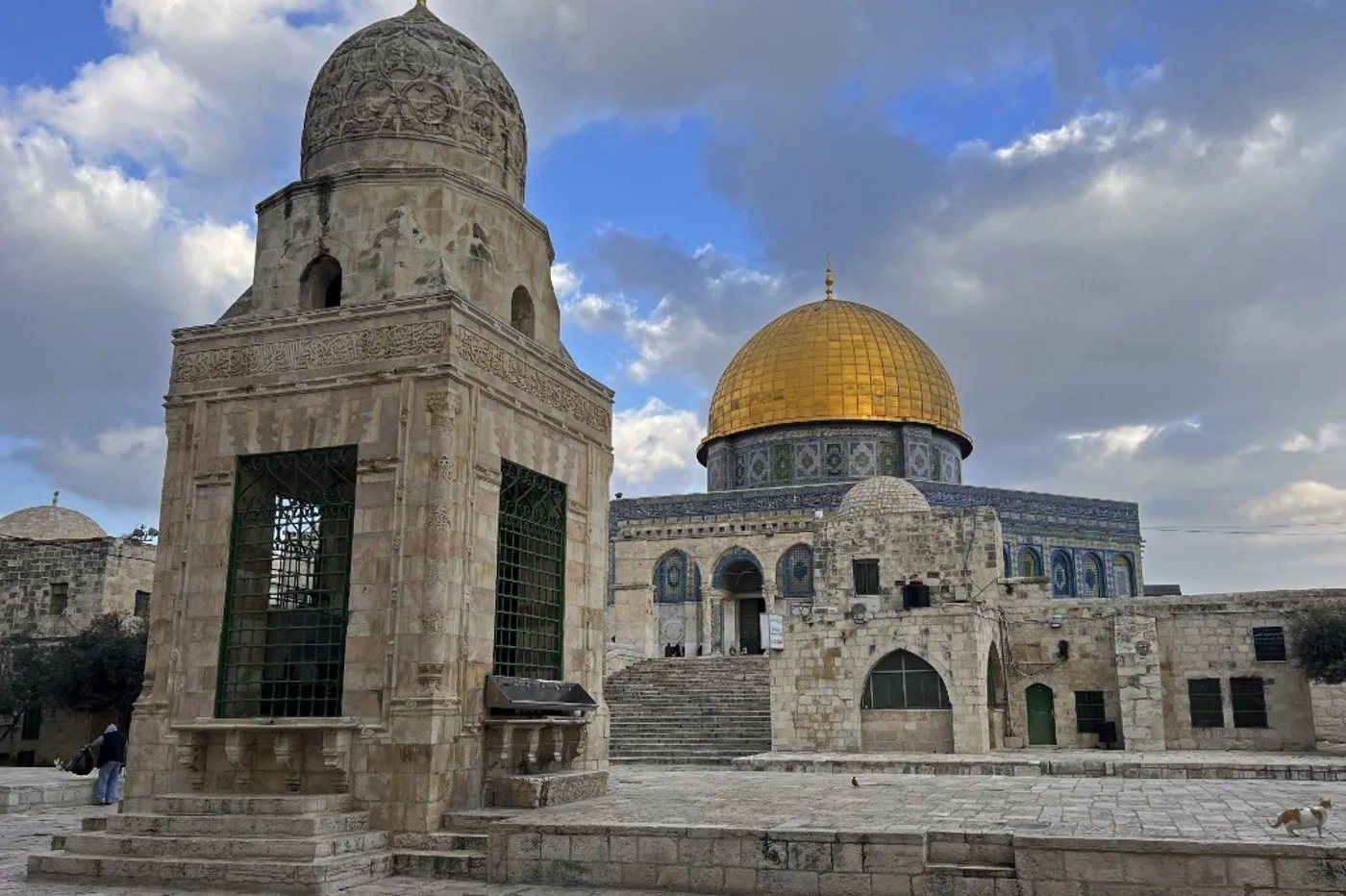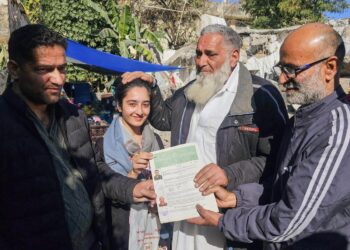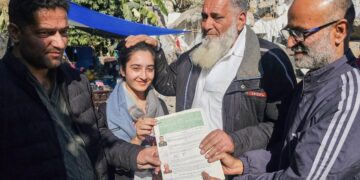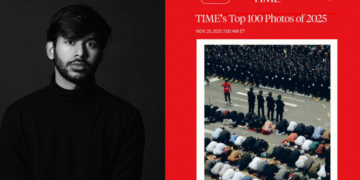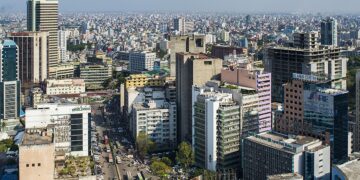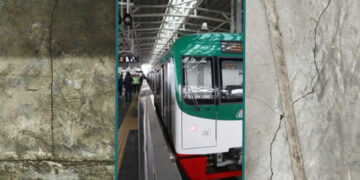For the first time since the Covid-19 pandemic, Israel has completely blocked Muslim worshippers from entering Al-Aqsa Mosque one of Islam’s holiest sites are located in occupied East Jerusalem. The move has triggered shock, fear, and anger among Palestinians and worshippers across the Muslim world.
According to local reports, Israeli forces stormed the mosque at dawn on Friday, shortly after the Fajr (morning) prayers. Witnesses told the Palestinian news agency Wafa that worshippers were forcefully cleared out of the compound. The gates of the mosque were then sealed shut. No one has been allowed back inside except for a few employees of the Islamic Waqf, the body that oversees the mosque’s operations.
This means that Friday prayers the most important congregational prayer of the week could not be held at Al-Aqsa. For many, this isn’t just a closure; it’s a spiritual blow.
The timing of the shutdown is raising deep suspicions.
The move comes just as Israel launches a wave of attacks on Iran, and at the same time, a full lockdown has been imposed on the occupied West Bank. Dozens of checkpoints and entry points between Palestinian cities and villages have been closed. Even the Allenby Bridge the only way most Palestinians in the West Bank can leave the territory has been shut.
Read More: How the World Food Programme (WFP) creating Hope and self-reliance in Rohingya Lives
A Strategic Move Under the Cover of War?
Aoun Bazbaz, director of international affairs and tourism at the Islamic Waqf in Jerusalem, fears this is more than just a security precaution.
“I’m deeply concerned,” he told Middle East Eye. “Israel is using the conflict with Iran as a cover to tighten its control over the Al-Aqsa compound.”
Bazbaz added that Israeli authorities claimed the closure was “to protect people,” but only Waqf employees have been allowed in since the shutdown a move that has left many questioning the real intention behind this action.
“What worries me most is that we have no idea when it will reopen. That uncertainty feels like a warning sign,” he said. “There’s no question in my mind Israel is using the current chaos to push forward its long-term plans at Al-Aqsa.”
Changing the Rules, Quietly
According to Bazbaz, this isn’t a sudden act. “For over 20 years, they’ve been working to divide Al-Aqsa both by time and by space,” he said. “Now, 99% of that plan has been quietly put in place. During the day, the compound is used for tourist groups and settler raids that’s the new normal.”
One of the most sacred parts of the mosque complex Bab al-Rahma (the Gate of Mercy) has even been unofficially renamed and taken over, Bazbaz said.
“It’s now being used as a place of worship for settlers. Just yesterday, they were dancing there, thanking Israeli National Security Minister Ben-Gvir for what he’s done.”
The changes have been coming so fast that even the media can’t keep up.
“I told my wife yesterday,” Bazbaz shared, “if things continue like this, I won’t be surprised if, very soon, Muslims will need to book an appointment through an app just to pray at noon or in the evening.”
“And now with the war on Iran, we fear this is just the beginning of even more restrictions,” he added.
What’s at Stake
Al-Aqsa, known to Muslims as al-Haram al-Sharif, holds a sacred place in Islamic history. It’s the third holiest site in Islam, and under international agreements, it is reserved for Muslim worship only. But in recent years, far-right Israeli groups have pushed aggressively for more access and control, often entering the site with military escorts, which regularly sparks tension.
To the Jewish community, the site is known as Temple Mount and its religious and political significance has long made it a flashpoint in the Israeli Palestinian conflict.
For Palestinians, especially those in East Jerusalem and the West Bank, these escalations are not just political—they’re deeply personal. It’s about access to prayer, identity, and existence in a city that international law still considers occupied territory.
Human rights organizations have repeatedly called out such closures as collective punishment and a violation of basic religious rights. For now, though, there is no clear answer as to when Al-Aqsa will reopen, and worshippers are left outside its gates are waiting, praying, and fearing what may come next.
Source: Middle East Eye

